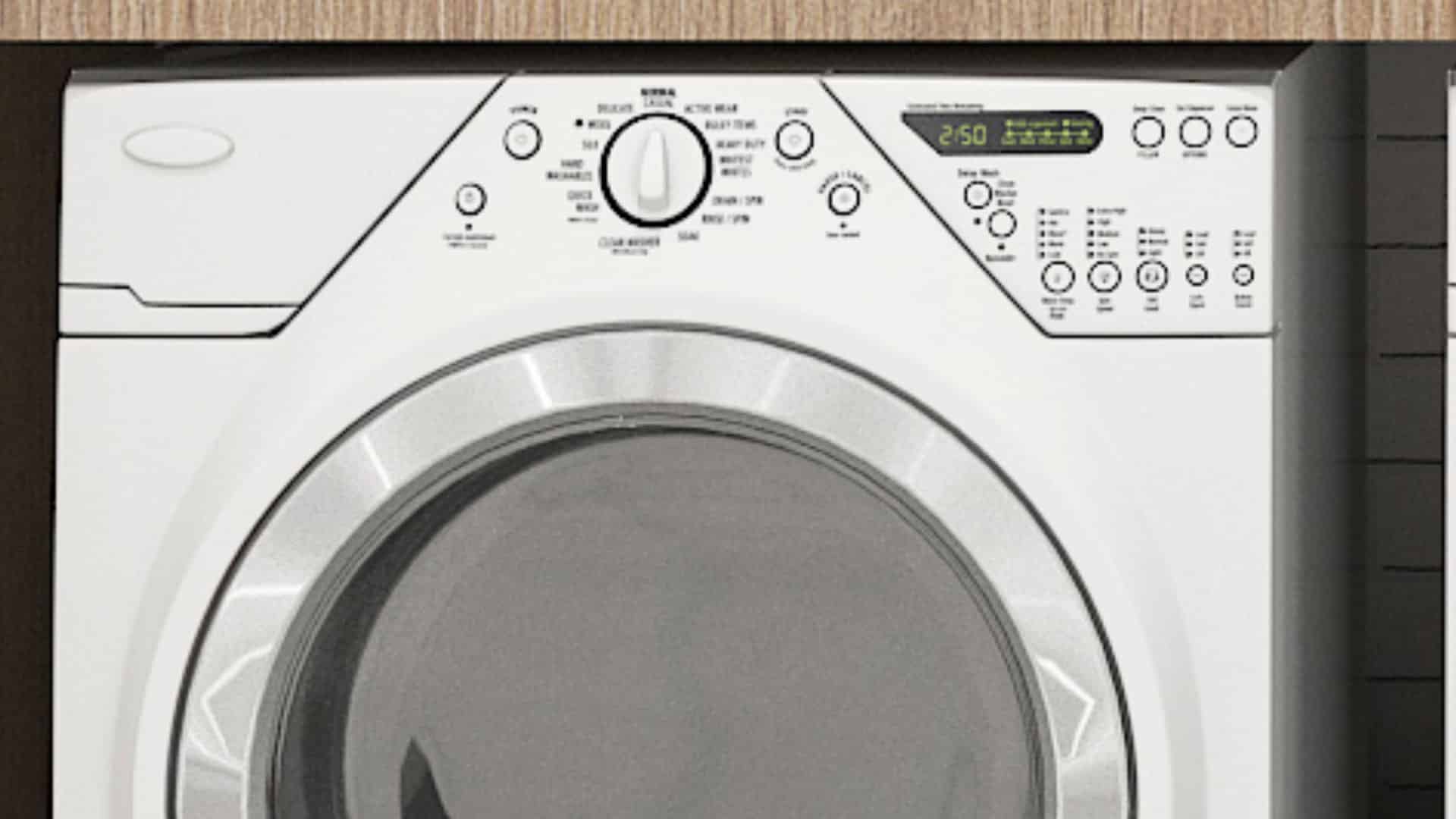The Machine Suddenly Makes a Huge Racket
This is one of the most obvious signs, and you should always call for appliance repair instead of trying to force yourself to get used to the new noise. Bangs, grinds, and overall loudness usually indicate loose or worn parts, and these parts can damage other ones if they’re allowed to continue as they are. In many cases, the repairs won’t be too expensive if they’re done right away – the loudness of a failing part has little to do with how much effort will be needed to fix it.
The Appliance Starts Taking Longer to do its Job
Old appliances sometimes simply slow down over time instead of showing sudden signs of problems. While it’s easy to figure out that age is an issue, it’s also too easy to accept this condition. After all, humans slow down with age even when otherwise healthy. Appliances, alas, aren’t nearly as good at running when they aren’t within their normal operating specs. With them, slowdowns often indicate impending failures.
Slowness of washing machines, dishwashers, and other appliances with moving parts often means that belts have stretched or gears have become worn. This causes slipping, which wastes the motor’s power. Eventually, worn belts break and gears lose teeth. Then, the machine stops working entirely. Rather than have it stop by surprise, call for repairs so you can schedule them for a convenient time.
Heat-Producing Appliances Stop Doing So
In electrical appliances, this is usually caused by burned-out elements. Electrical elements last a long time, but like light bulbs, they eventually give up. Unfortunately, this is often a sudden occurrence. If the appliance uses gas, the problems have more variance. An electric igniter may be at fault, but it could also be a safety switch that is preventing the gas from entering the appliance at all. If a gas appliance stops getting fuel, you should always have it checked by a professional to make sure that any safety issues are fixed.
If your aging appliances are showing the signs of advancing years, contact us. We can get them working like new again.
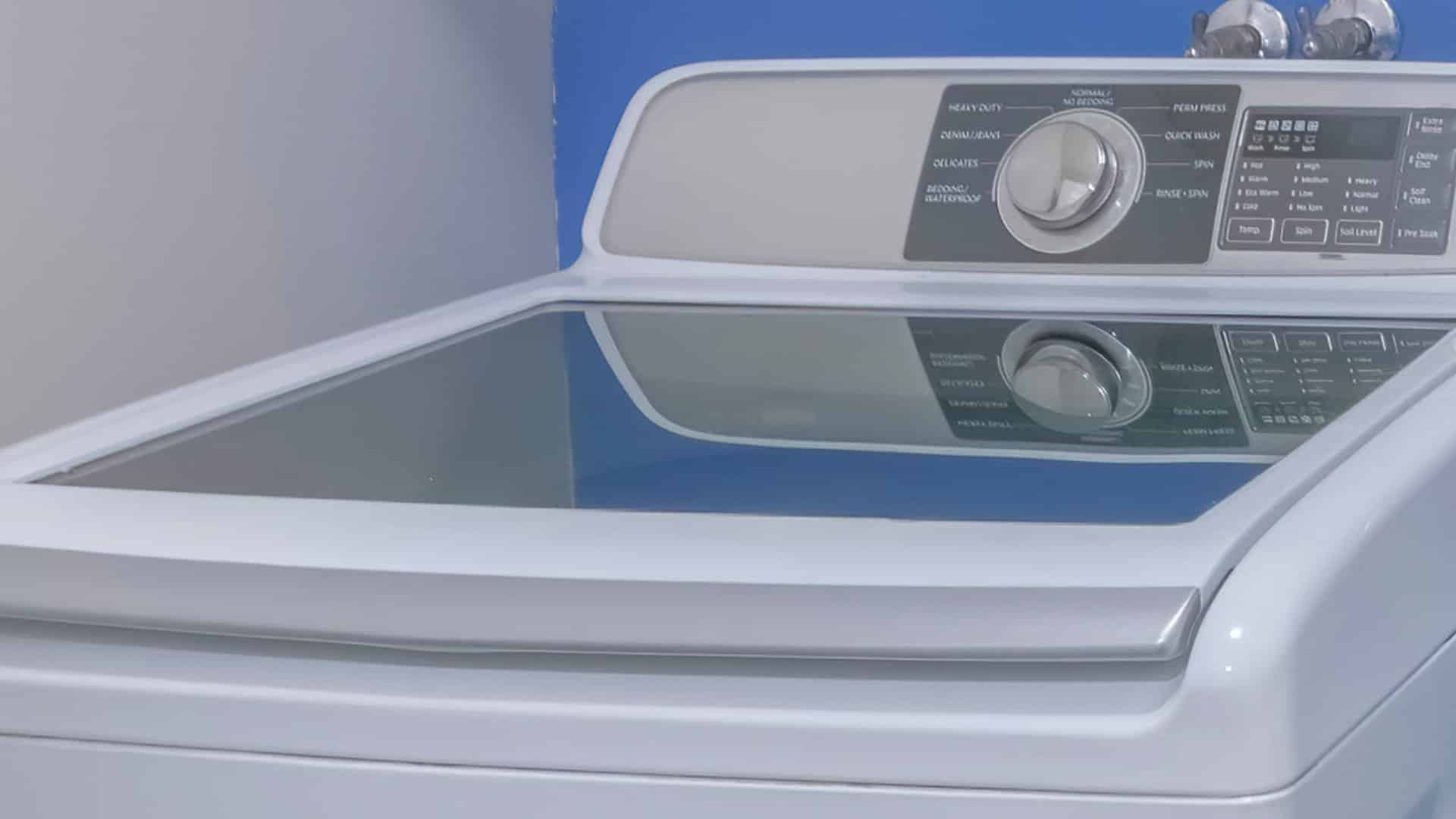
How to Fix the nF Error Code on a Samsung Washer

Kenmore Elite Dryer Issues: How To Troubleshoot
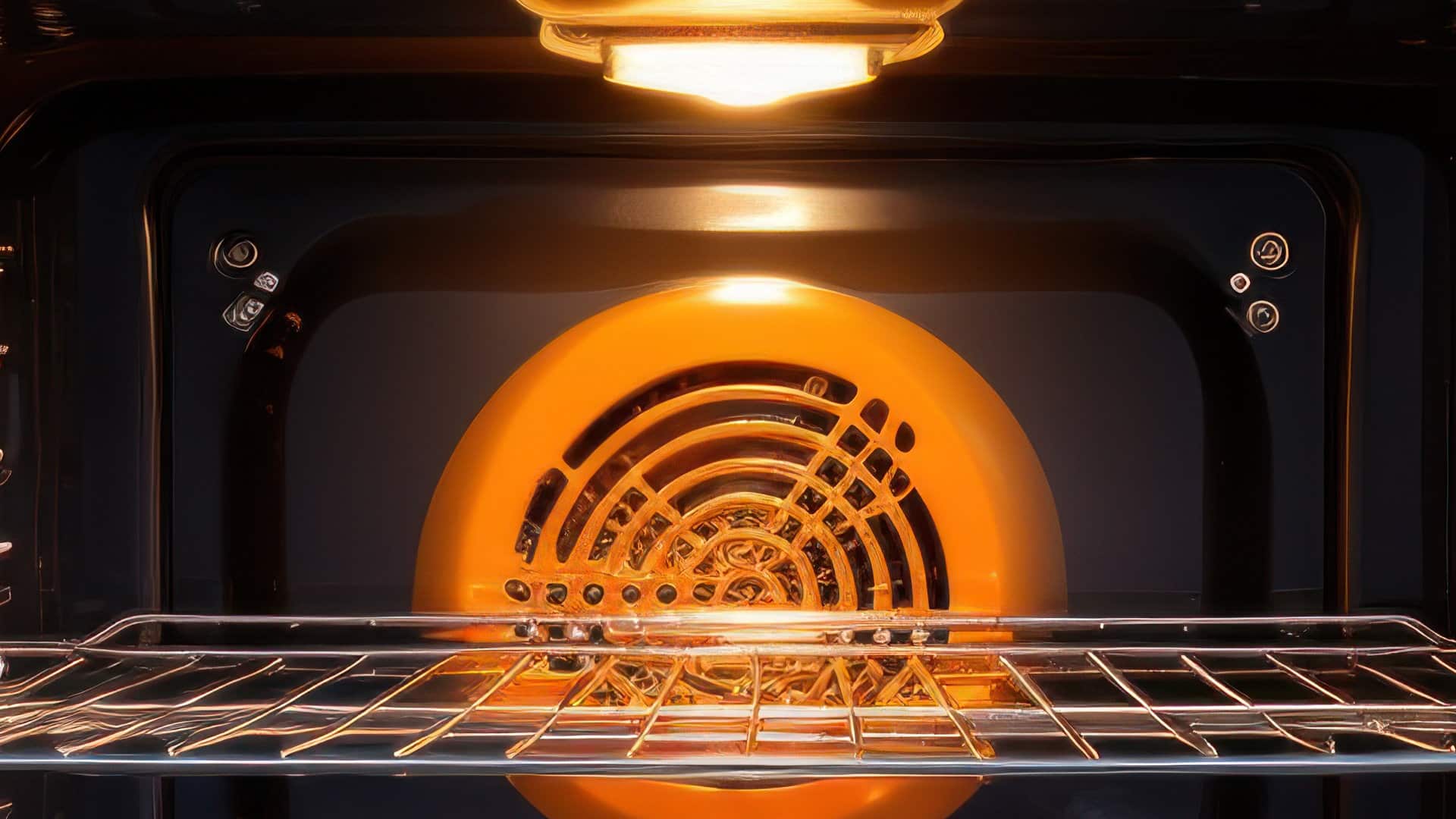
Microwave vs. Oven: Pros and Cons and How They Differ
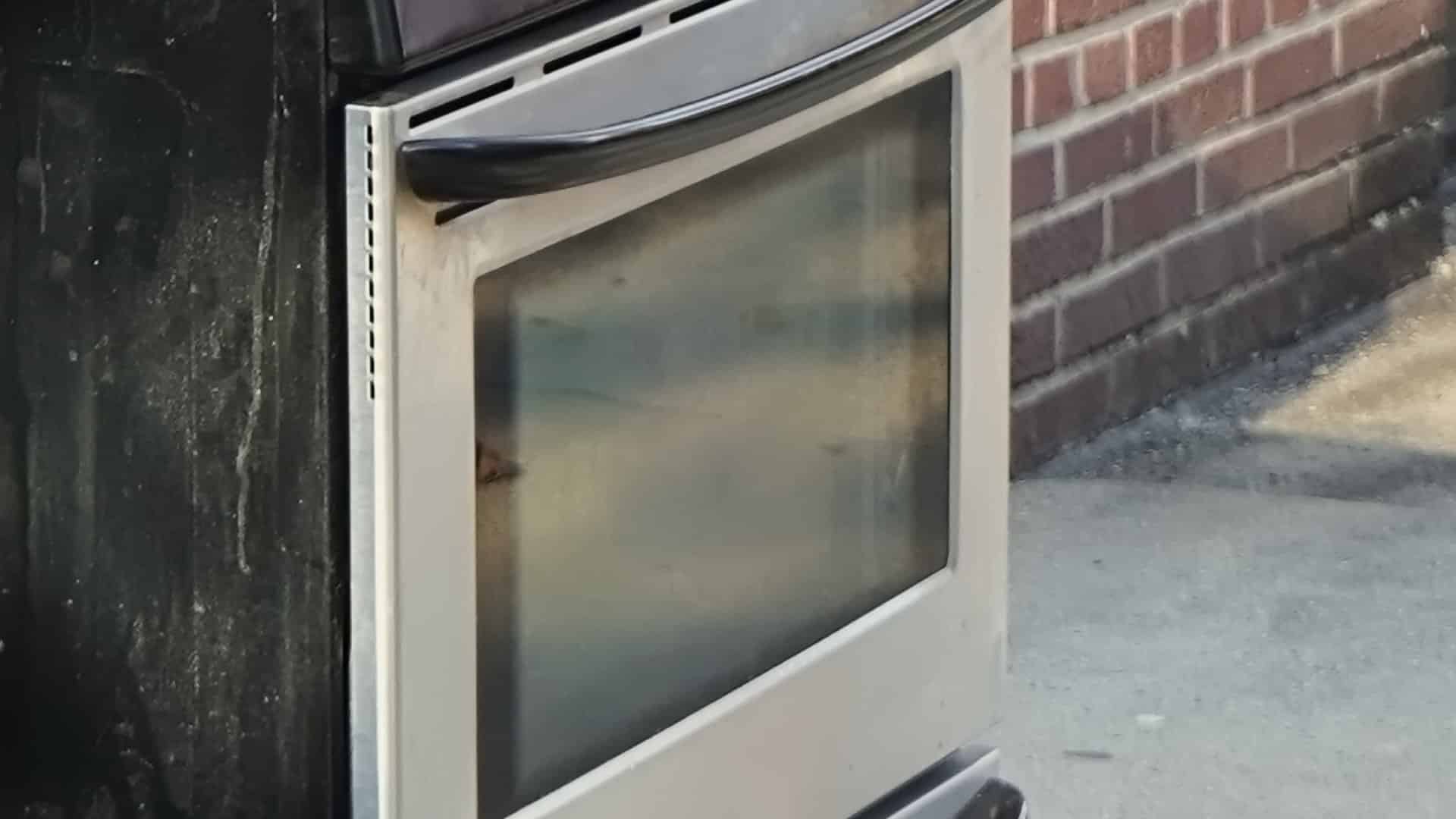
Self-Cleaning Oven Smell: Causes & Odor Reduction Tips

Frigidaire Ice Maker Not Working? 7 Ways to Fix It
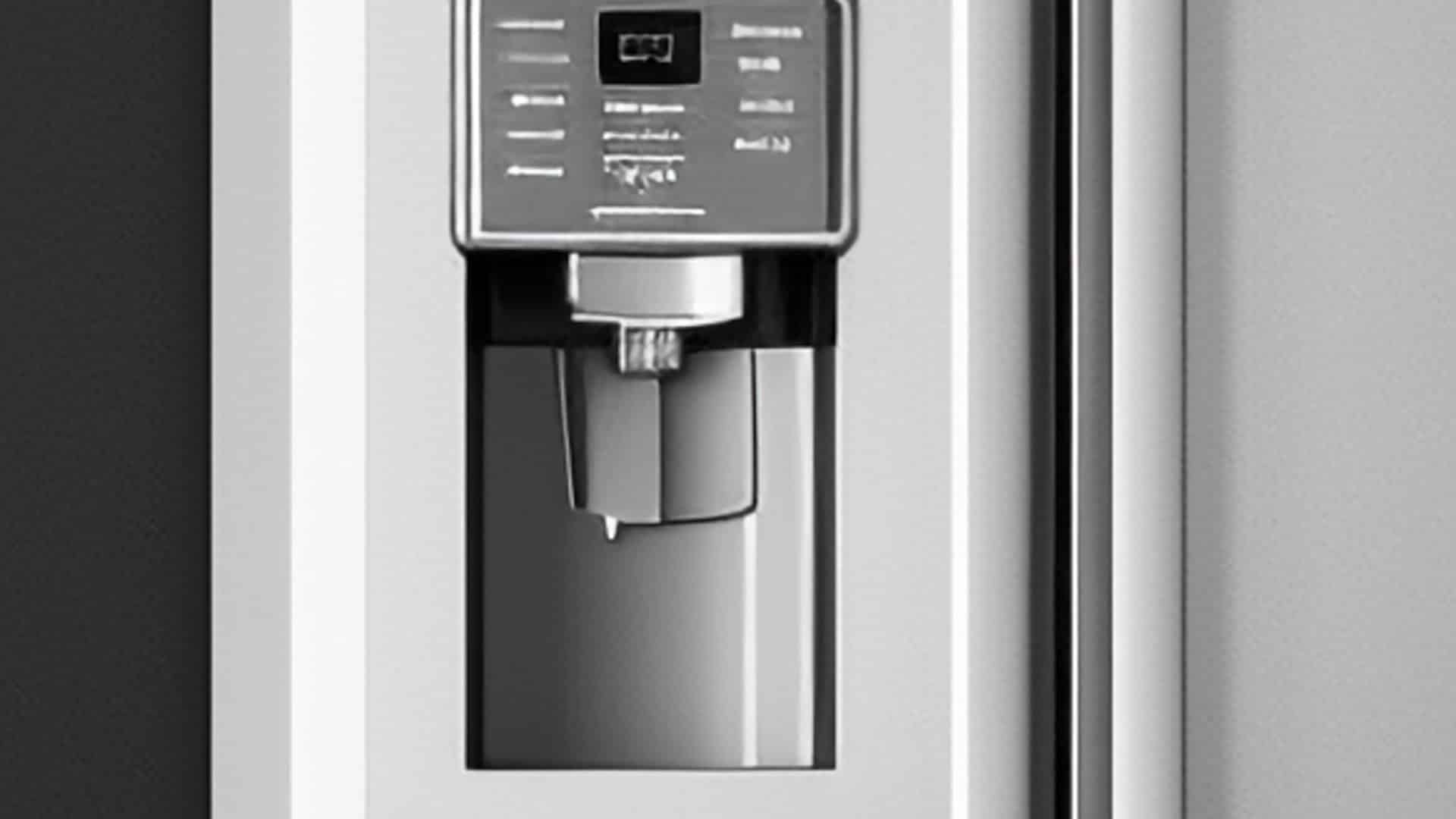
Why Is Your LG Refrigerator Not Cooling? (9 Common Reasons)
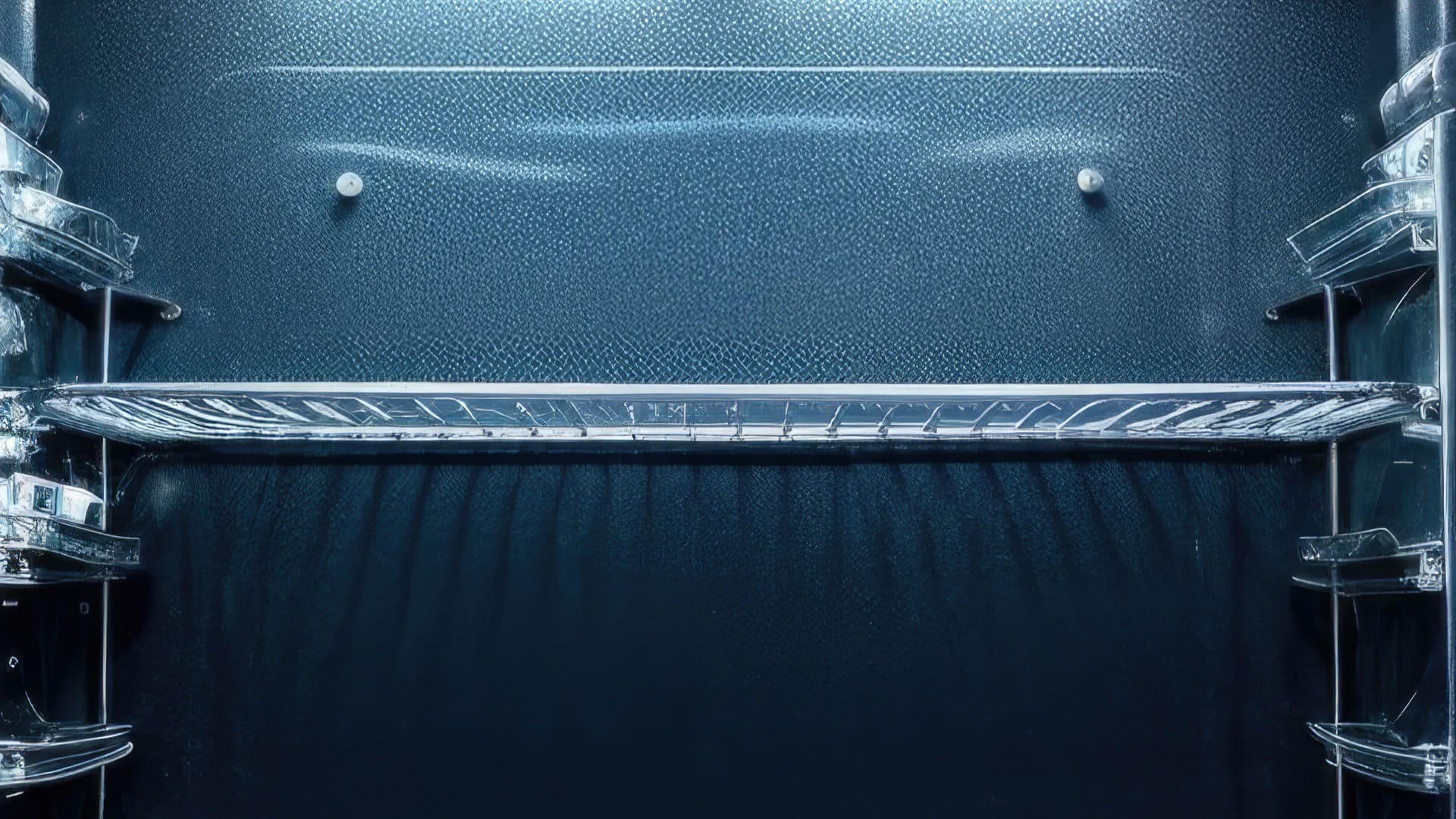
GE Oven F2 Error: Causes & Solutions
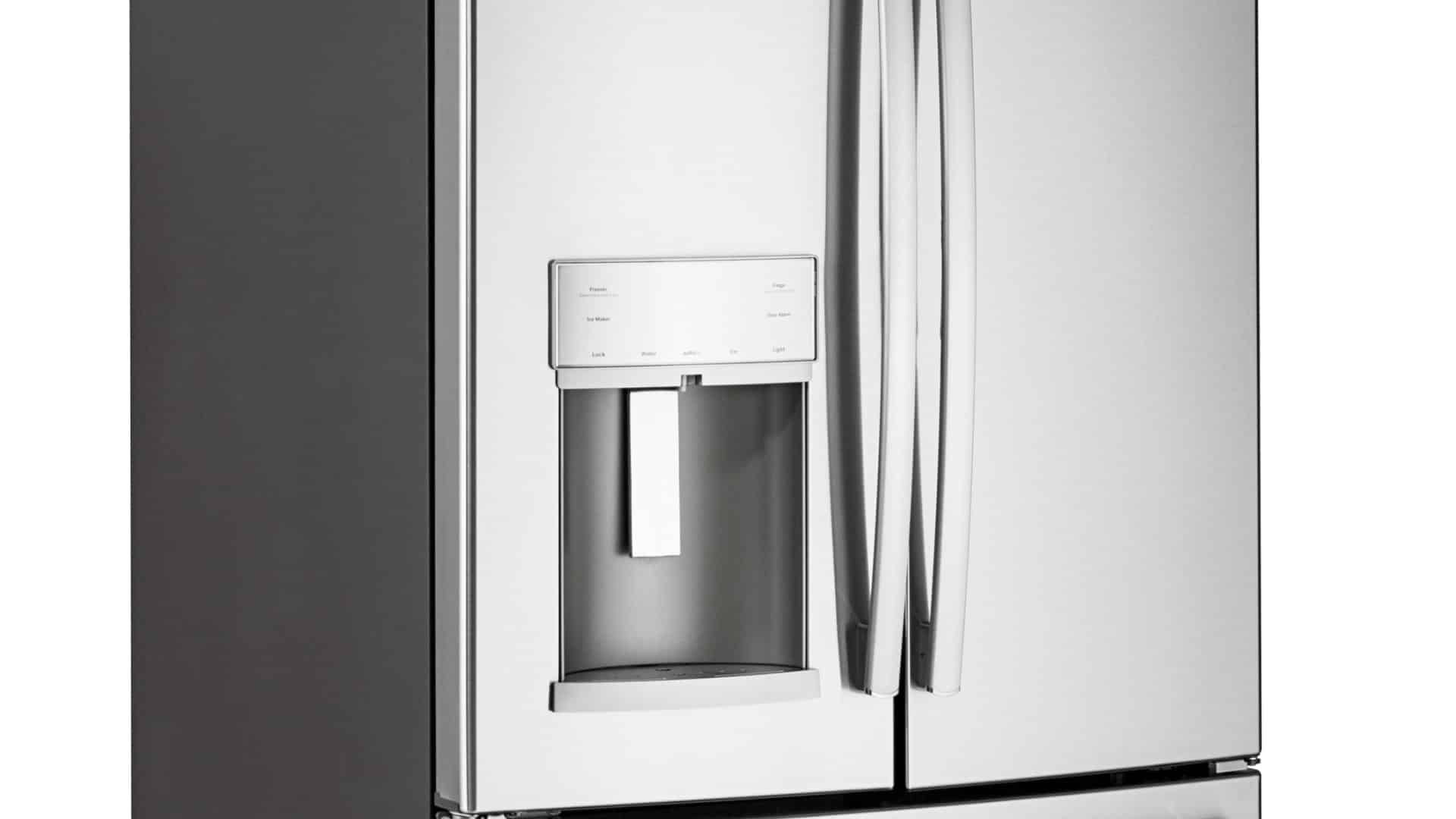
How to Reset the Water Filter Light on a Samsung Refrigerator
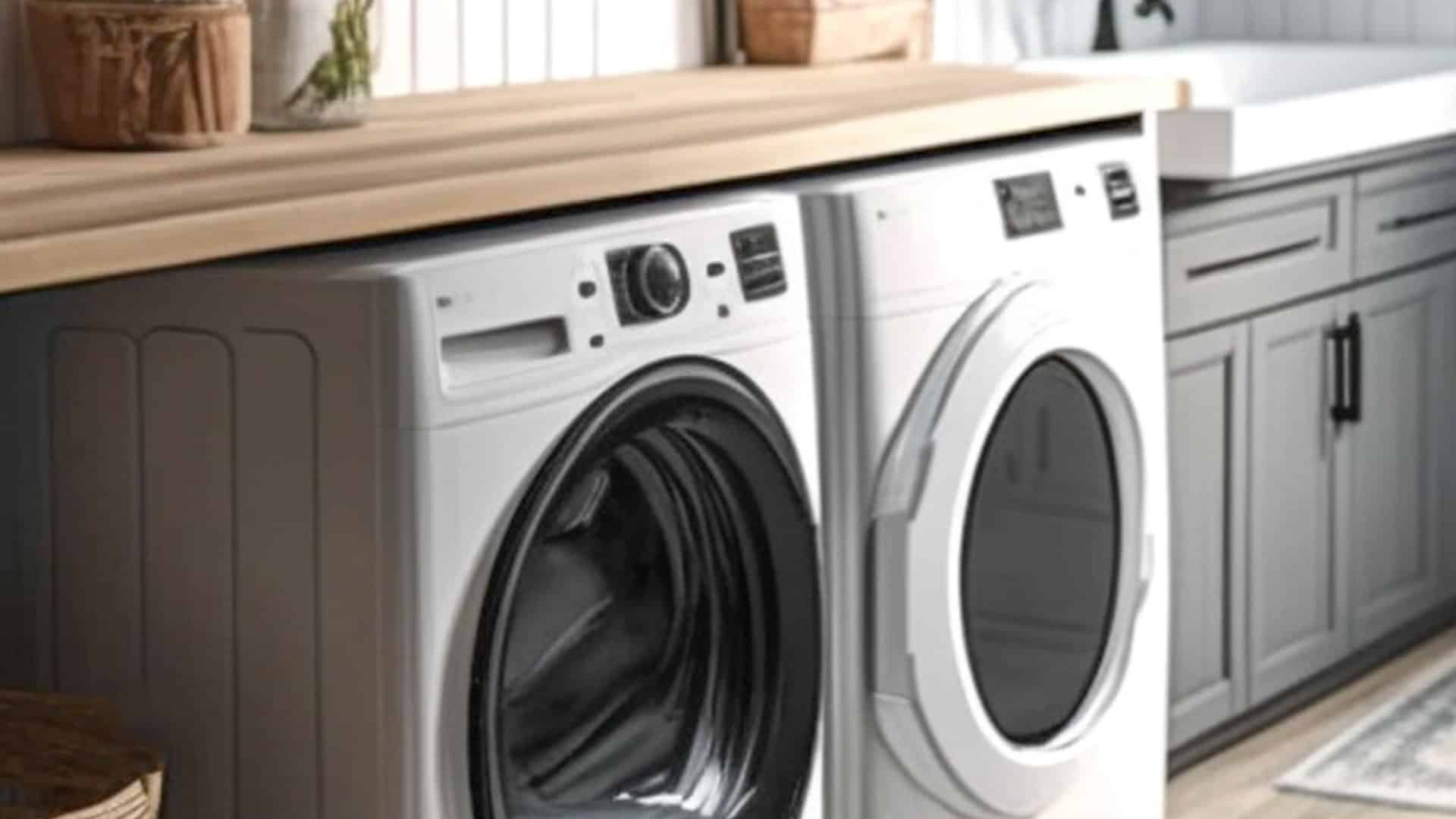
Maytag Washer Showing F5 Error Code? Here’s What To Do
